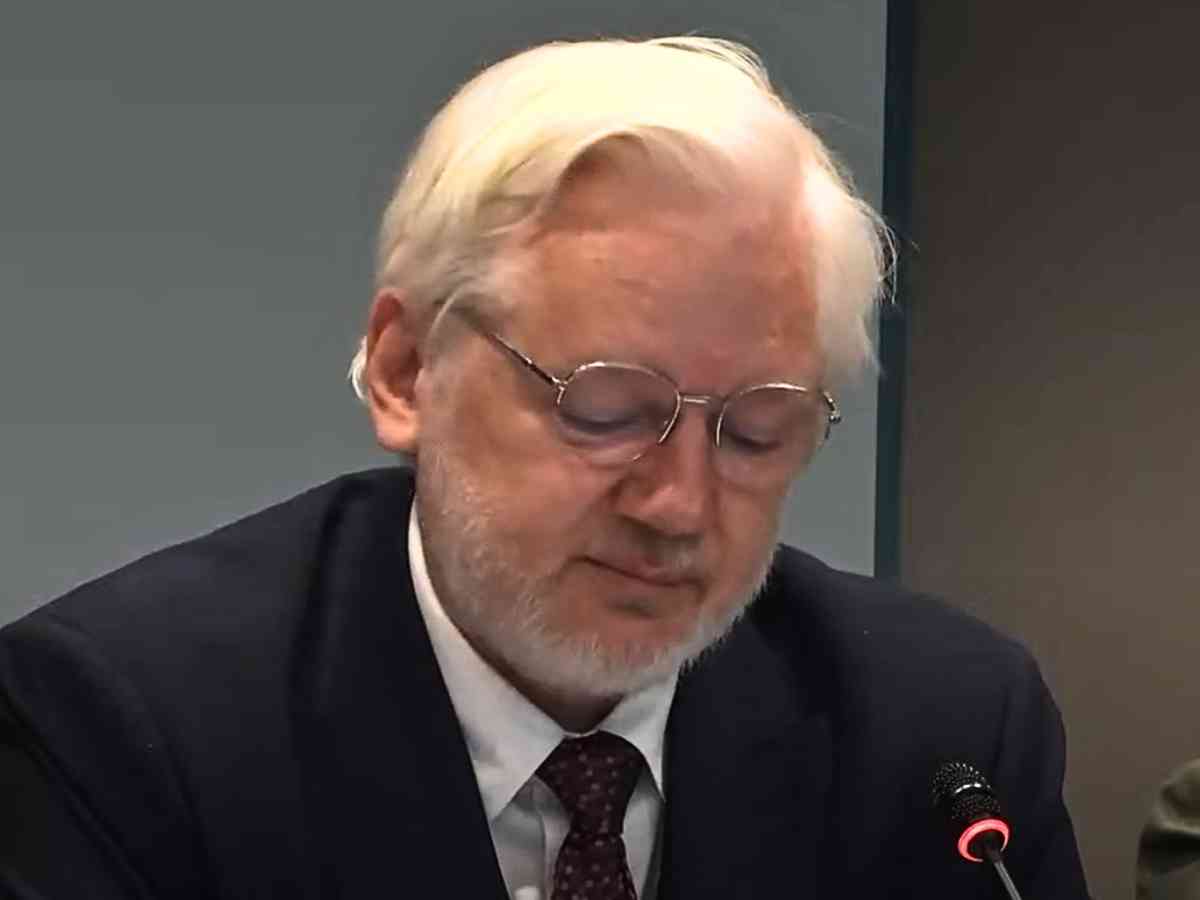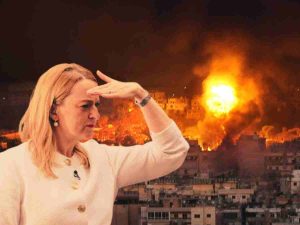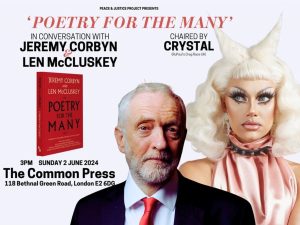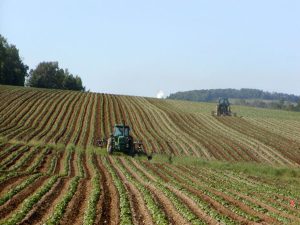Wikileaks founder Julian Assange said on Tuesday 1 October he was released after years of incarceration only because he pleaded guilty to doing “journalism”, warning freedom of expression was now at a “dark crossroads”.
Assange: ‘I was guilty of doing journalism’
Assange was addressing the Council of Europe rights body at its Strasbourg headquarters in his first public comments since his release. He said:
I am not free today because the system worked. I am free today after years of incarceration because I pleaded guilty to journalism.
The Parliamentary Assembly of the Council of Europe (PACE) had issued a report expressing alarm at Assange’s treatment, saying it had a “chilling effect on human rights”.
Assange spent most of the last 14 years either holed up in the Ecuadoran embassy in London to avoid arrest, or locked up at Belmarsh Prison. He was released under a plea bargain in June, after serving a sentence for publishing hundreds of thousands of confidential US government documents.
The trove included searingly frank US State Department descriptions of foreign leaders, accounts of extrajudicial killings and intelligence gathering against allies.
Assange returned to Australia and since then had not publicly commented on his legal woes or his years behind bars.
Facing a potential 175-year sentence, “I eventually chose freedom over unrealisable justice… Justice for me is now precluded,” Assange said, referring to the conditions of his plea bargain.
14 years, lost
Speaking calmly and flanked by his wife Stella, who fought for his release, he added:
Journalism is not a crime, it is a pillar of a free and informed society. The fundamental issue is simple. Journalists should not be prosecuted for doing their jobs,” said Assange.
The Wikileaks chief said that he could have lost years more of his life had he tried to fight his case all the way:
Perhaps, ultimately, if it had gotten to the Supreme Court of the United States and I was still alive… I might have won. But in the meantime I had lost 14 years under house arrest, embassy, siege, and maximum security prison.
“Ground has been lost” during his incarceration, he said, regretting that he now sees “more impunity, more secrecy and more retaliation for telling the truth:
Freedom of expression and all that flows from it is at a dark crossroads… Let us all commit to doing our part to ensure the light of freedom never dims and the pursuit of truth will live on and the voices of many are not silenced by the interests of the few.
Assange was still visibly affected by his experiences, tiring towards the end of the session even as he thanked “all the people who have fought for my liberation”.
Assange ‘still needs time to recover’
Stella Assange told reporters after the committee hearing that:
It was truly exceptional that he came here today… He needs time to be able to recover. He’s only been free for a few weeks and we’re really just in the process of starting from zero, or from less than zero.
Asked what the next moves for Wikileaks might be, the site’s editor-in-chief Kristin Hrafnsson told reporters Assange was:
committed as ever to the basic principles that he’s always abided by – transparency, justice, quality journalism.
Featured image via PACE TV – YouTube
Additional reporting via Agence France-Presse




